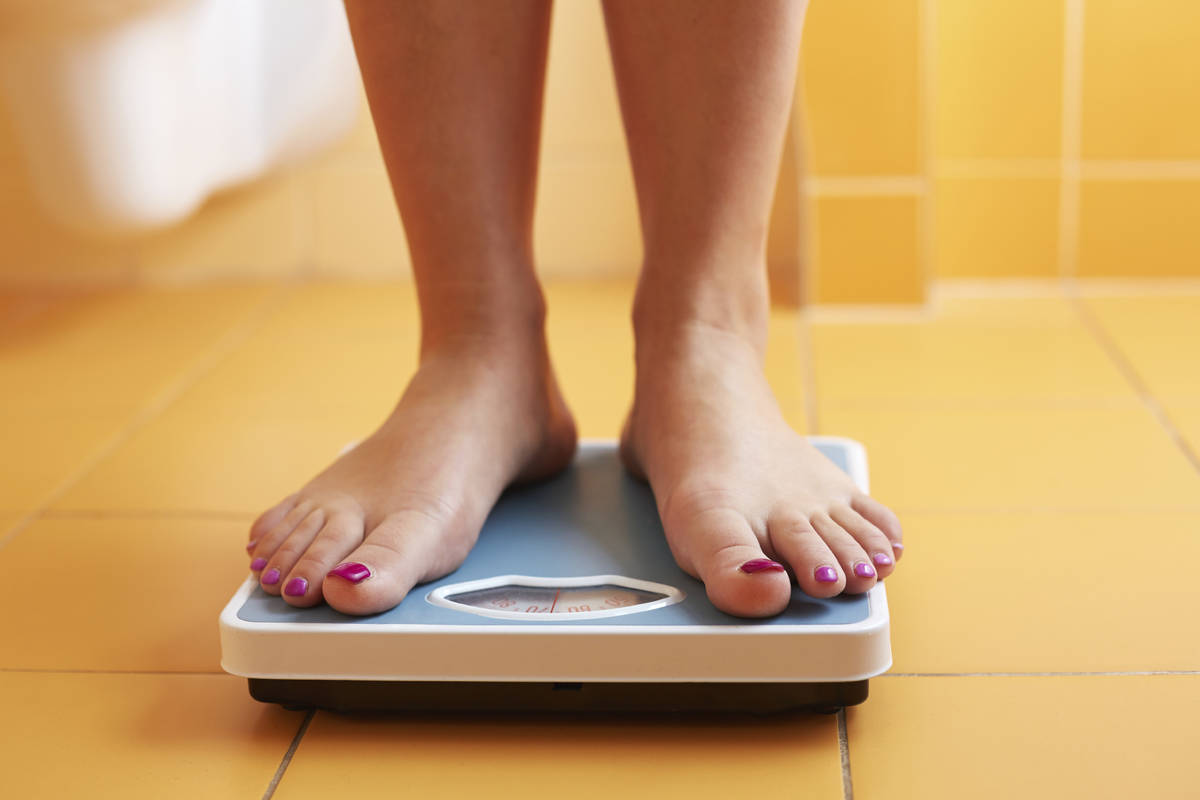RUBEN NAVARRETTE JR: Welcome to National Physical Fitness Month
Recently, on a podcast, a reporter casually used the phrase “our COVID bodies.”
No explanation required. Unfortunately, I knew exactly what she meant.
May is National Physical Fitness and Sports Month. It was designated as such in 1983 by the President’s Council on Fitness in the hopes of promoting healthier lifestyles among all Americans and improving our quality of life.
This year — with many Americans wondering if scientists dubbed the coronavirus “COVID-19” because quite a few of them gained at least 19 pounds during government lockdown — the month takes on special significance.
According to a new study by the American Psychological Association, about 40 percent of U.S. adults report gaining more weight than they intended to over the last year — on average, a staggering 29 pounds per person. Ten percent said they gained more than 50 pounds.
Well, I guess now we know what happened to all that homemade bread. Factor in gym shutdowns, stress eating and job pressure, and it’s no wonder that waistlines expanded faster than the profit margins for those food-delivery apps that we never knew existed but now can’t live without.
I feel you. If you’re one of the relatively few Americans who actually lost weight during the pandemic, I probably found it.
All of this weight gain has been weighing on the mind of my pal, Brian “Iron Ed” Hiner, a hard-charging author and leadership consultant who once had a fairly rigorous workout routine. He was a Navy SEAL for more than 20 years.
When I last checked in on Hiner, in May 2020, the pandemic was in full swing. Americans were battling daily with fear, uncertainty, confusion and isolation. The native of Virginia’s Blue Ridge Mountains shared some tips about how to get through it all. To do that, Hiner drew on some of the life lessons he picked up from two decades of serving his country.
You’ll find those bolts of wisdom and more in his new book, “GUTS: Greatness Under Tremendous Stress — A Navy SEAL’s System for Turning Fear into Accomplishment,” which was published in April.
Now, Hiner is back with more expert advice, this time about how to get up from the couch or out of the home office if you’ve fallen out of shape.
“People think of physical fitness, and they say to themselves: ‘Oh, I just have to get into shape,’ ” Hiner said. “No, you need to make it part of your lifestyle. Because everything changes when you’re extremely healthy and in shape, especially the way you feel. And when you feel good, you do well.”
One thing that the United States needs to continue to do well is recruit young people who are able to meet the physical requirements to serve in the armed forces — without injuring themselves.
“We find that, with kids coming into the military, they’re fragile,” he said. “If you have a sedentary life, as most kids do today, from sitting in front of screens, your bones don’t mature. We’re finding a big increase in stress fractures and hip dislocations because their bodies aren’t ready for military training.”
A 2018 report by the Heritage Foundation, a conservative think tank, found that 71 percent of Americans ages 17 to 24 aren’t eligible to serve in the military, and that the largest obstacle was health problems. Twenty-seven percent of young people in that age cohort aren’t eligible to join the military because of obesity, and another 37 percent are ineligible due to other ailments like asthma or joint problems.
I asked: What’s the best argument for why we should be physically fit as a country?
“For one, health care costs for America from obesity, diabetes, high blood pressure eat up a big chunk of our gross domestic product,” he said. “I think it’s patriotic to be physically fit because you’re going to eat up less medical costs.”
There is also, Hiner said, a connection between being fit and having more endurance and stamina so we don’t give up so easily no matter what we’re doing.
“The brain works best when the body is tuned up,” he said. “Plus fitness and physical and mental stamina go hand in hand.”
And let’s not forget something else that figured prominently into the pandemic: mental health.
“I just want people to be mentally happy,” Hiner insisted. “Look at the rise in the use of antidepressants. You could run 30 minutes a day, three times a week. It would be the same as taking a pill, and be better for your mental health.”
So how about it, America? Let’s get moving.
Ruben Navarrette’s email address is ruben@rubennavarrette.com. His podcast, “Ruben in the Center,” is available through every podcast app.






















